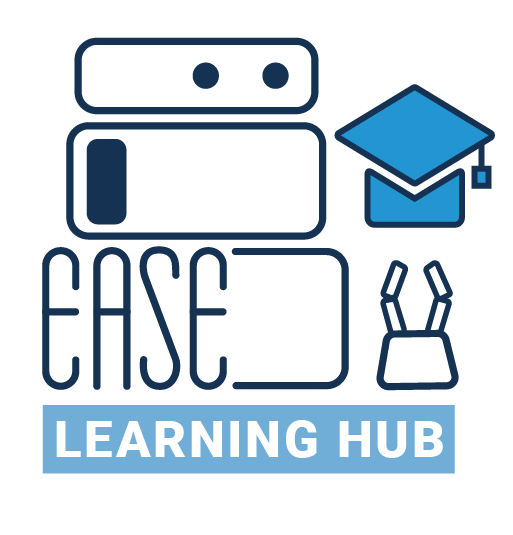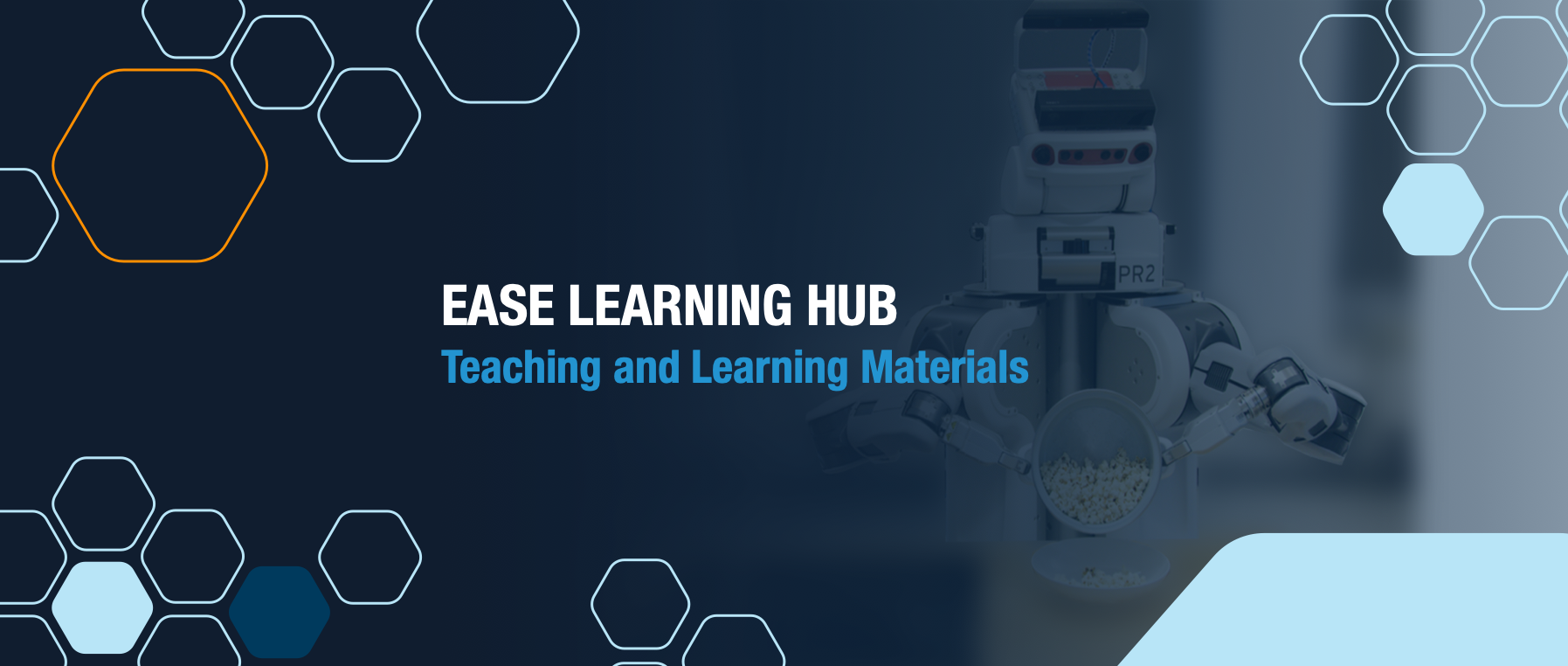On Decisional Abilities for a Cognitive and Interactive Robot
Part 1: In the first part of his captivating lecture, Rachid Alami discusses decisional abilities required for Human-Robot Interaction (HRI) and Human-Robot Collaboration in particular. The challenge is to develop and build cognitive and interactive abilities to allow robots to perform collaborative tasks with humans, not for humans. The first part centers on the introduction to Human-Robot Joint Actions and the problems of combining tasks planning (what to do) with motion planning (how to do it), especially for grasping, and how they can be solved.

